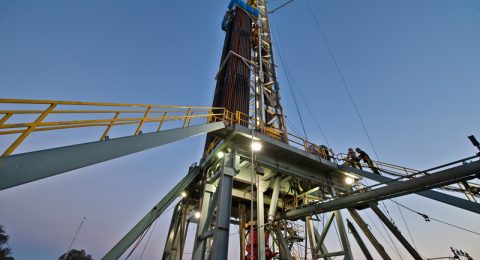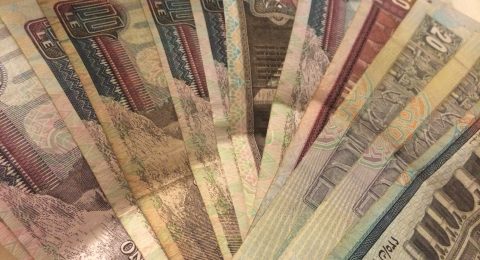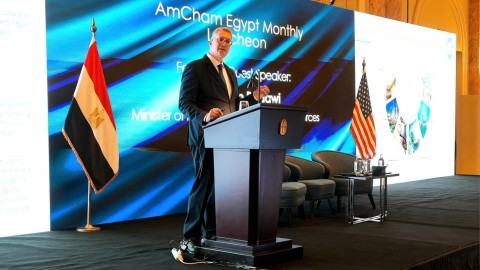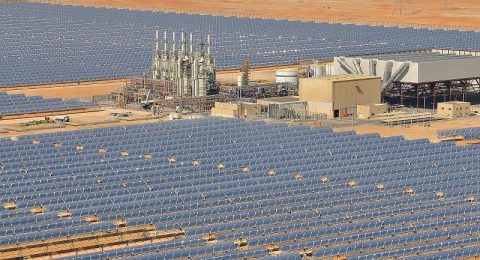The Egyptian House of Representatives’ Legislative Committee has ratified a number of agreements in different fields, wrote Daily News Egypt, including the Egyptian-Saudi nuclear energy agreement. The deal was inked in early April 2016 and approved by the Egyptian cabinet in late May 2016.
The agreement, which aims to increase the cooperation between both countries in nuclear energy use, and also involves sharing the research, treatment, maintenance, and operational procedures needed to construct the nuclear reactors, is expected to extend for ten years.
A joint study, that was published in late March by the Egyptian Center for Economic and Social Rights (ECESR) and the Heinrich Böll Foundation, revealed that nuclear energy is not a viable part of a future energy mix for Egypt, as the nuclear power plants are highly regulated, state-driven entities that require on-going examinations and an average of seven years to be constructed. The nuclear power would not be able to contribute to the new energy mix until 2022, or possibly later.
On another note, Oil Price wrote that despite the fact that there are seven countries in the Middle East and North Africa region working on nuclear programs for peaceful purposes – the UAE, Saudi Arabia, Jordan, Egypt, Morocco, Tunisia, and Algeria, the whole MENA region has a long way to go before nuclear energy becomes capable to significantly contribute to its energy mix. This is due to the time that the internationally agreed regulatory framework will necessitate in order to remove doubts about misusing nuclear energy.












